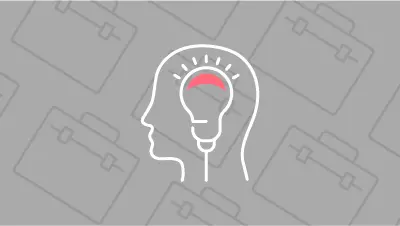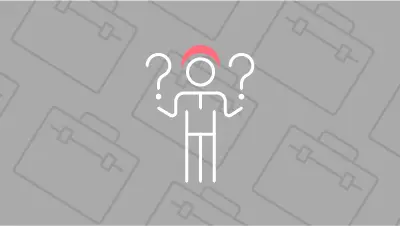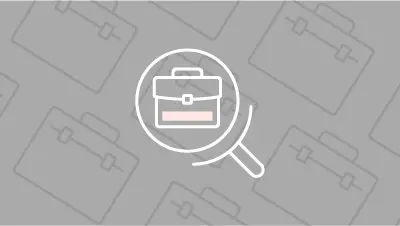Course Overview
Are you excited about the business world but need more time, information and experience before deciding which field to pursue? Then join the Common Business Programme (CBP) — your gateway to many possibilities, shaping the bedrock of your journey toward your dream career.
The one-year CBP helps you navigate the diverse functions of the vast business landscape through our carefully curated ENhanced learning modules (EN modules) from seven diplomas offered by the School of Business. Like tasters, the EN modules allow you to explore topics across disciplines before narrowing down your focus on one diploma to pursue.
The CBP is designed with you in mind. It will:
• Equip you with a strong business foundation knowledge spanning diverse business domains.
• Allow you to experience subjects from different disciplines, such as accounting, business management, marketing, and other essential aspects of business, to help you make a well-informed decision when choosing a diploma suited to your passions and aspirations.
• Give you time to explore your strengths, interests, and passion through education and career guidance to equip you with greater self-awareness before deciding on a diploma to pursue.
• Empower you with the opportunity to select from seven business related diploma courses according to your interests and goals. These diploma courses include:
[T02] Accountancy & Finance
[T10] Business
[T18] Culinary Arts & Management
[T08] Hospitality & Tourism Management
[T07] International Trade & Logistics
[T09] Law & Management
[T67] Marketing
Notes:
1. CBP students who opt for the Diploma in Culinary Arts & Management will stream into the course in Year 1 Semester 2.
2. CBP students who opt for the other six courses will make their diploma selections at the end of Year 1 Semester 2, and progress to their selected diploma courses in Year 2.
3. CBP students who opt for the Diploma in Law & Management must meet a minimum B4 grade for English Language (EL1).
4. Please see the sections on these diploma courses for more information.
/2023-CBP-Banner.webp)





/Human%20Library.webp)
/Redmart.webp)
/CBP3.webp)
/CBP-Azman%20Bin%20Zainal.webp)
/CBP-Erika-Gugan.webp)
/CBP-Chua%20Rui%20Han.webp)
/BUS_thumbnail.webp)
/ITL_thumbnail.webp)
/MKG_thumbnail.webp)



